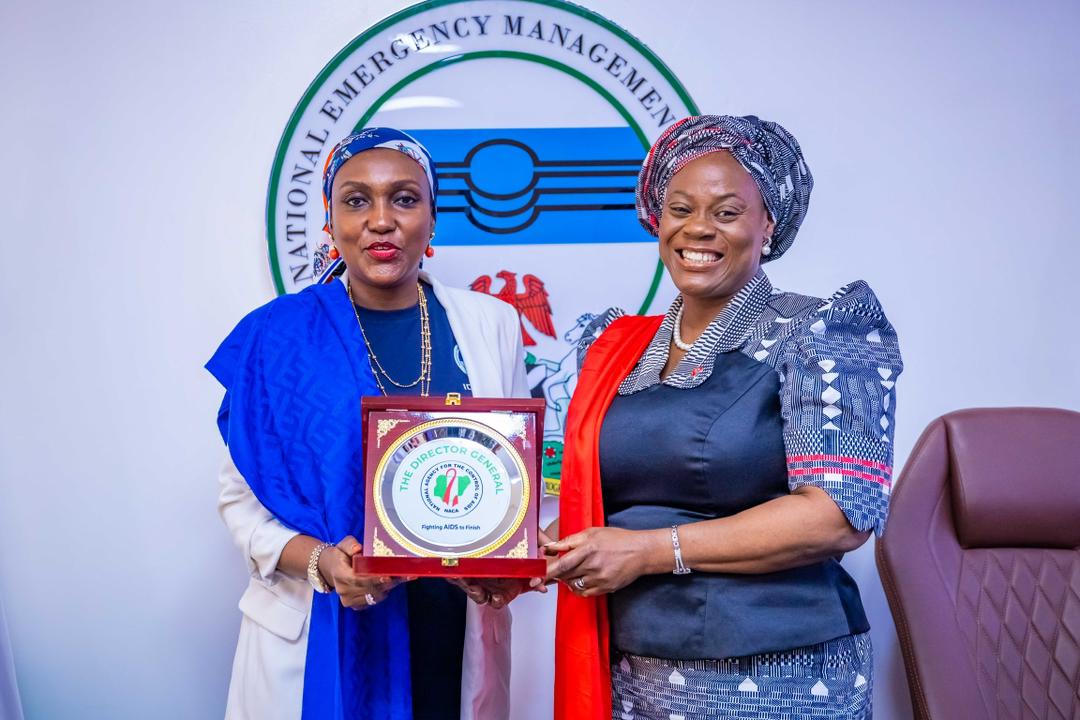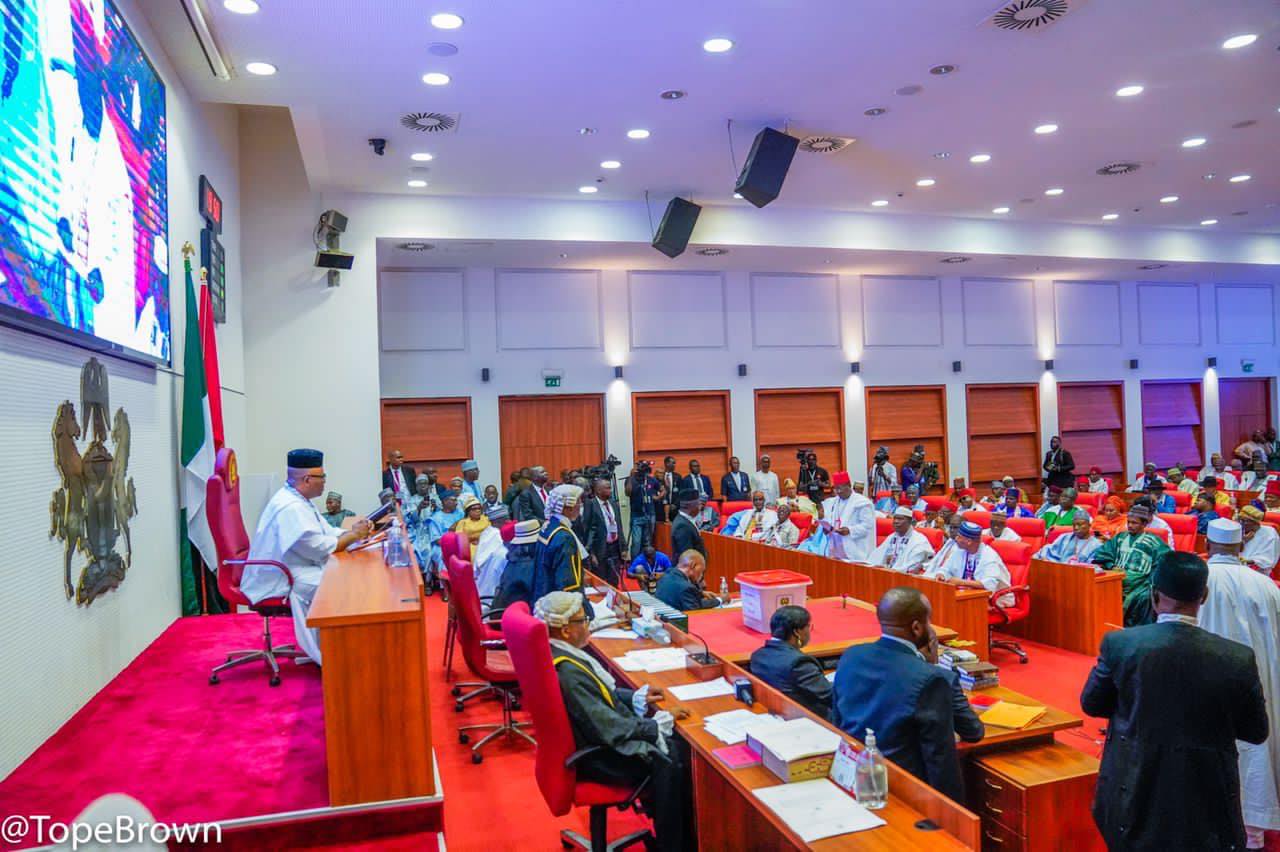NACA, NEMA Partner to Integrate HIV Prevention Into Disaster Response
The Director-General of the National Agency for the Control of AIDS (NACA), Dr. Temitope Ilori, and her counterpart at the National Emergency Management Agency (NEMA), Mrs. Zubaida Umar, have agreed to strengthen collaboration to ensure HIV prevention and care are integrated into Nigeria’s emergency and disaster response systems.
The pledge followed a courtesy visit by Dr. Ilori to NEMA’s headquarters in Abuja on Thursday, aimed at exploring ways both agencies can jointly support vulnerable groups — particularly Internally Displaced Persons (IDPs) — with access to HIV prevention tools, testing, and treatment during humanitarian crises.
In a statement released on Friday, NACA said the partnership signals a new phase of cooperation between public health and disaster management institutions in Nigeria, focused on improving the resilience and wellbeing of at-risk communities.
Dr. Ilori praised NEMA’s leadership in coordinating disaster responses and stressed the importance of embedding HIV services into emergency management frameworks.
“There is a need to ensure that IDPs and other vulnerable populations have access to HIV prevention tools, testing services, and treatment during crises,” she said.
On her part, Mrs. Umar described the collaboration as both “timely and strategic,” noting that NEMA and NACA share a common goal of coordination — one for disaster response and the other for HIV control.
“Synergy between the two agencies is essential for building community resilience. Prevention has remained the agency’s mantra — the more resilience we build, the fewer victims we will have and the fewer resources we’ll need for emergencies,” Umar said.
Read Also;
Lagos Launches Household HIV Survey to Boost Treatment and Suppression Rates
She also pointed out that health assessments in IDP camps often overlook HIV-related needs, emphasising the importance of integrating testing, prevention, and treatment while addressing issues of stigma and confidentiality.
Umar added that long-term IDP settlements often create conditions for adult cohabitation, which makes the availability of HIV preventive tools and education even more crucial.
Both agencies reaffirmed their commitment to developing a coordinated strategy that strengthens Nigeria’s humanitarian response while protecting the health of its most vulnerable citizens.




